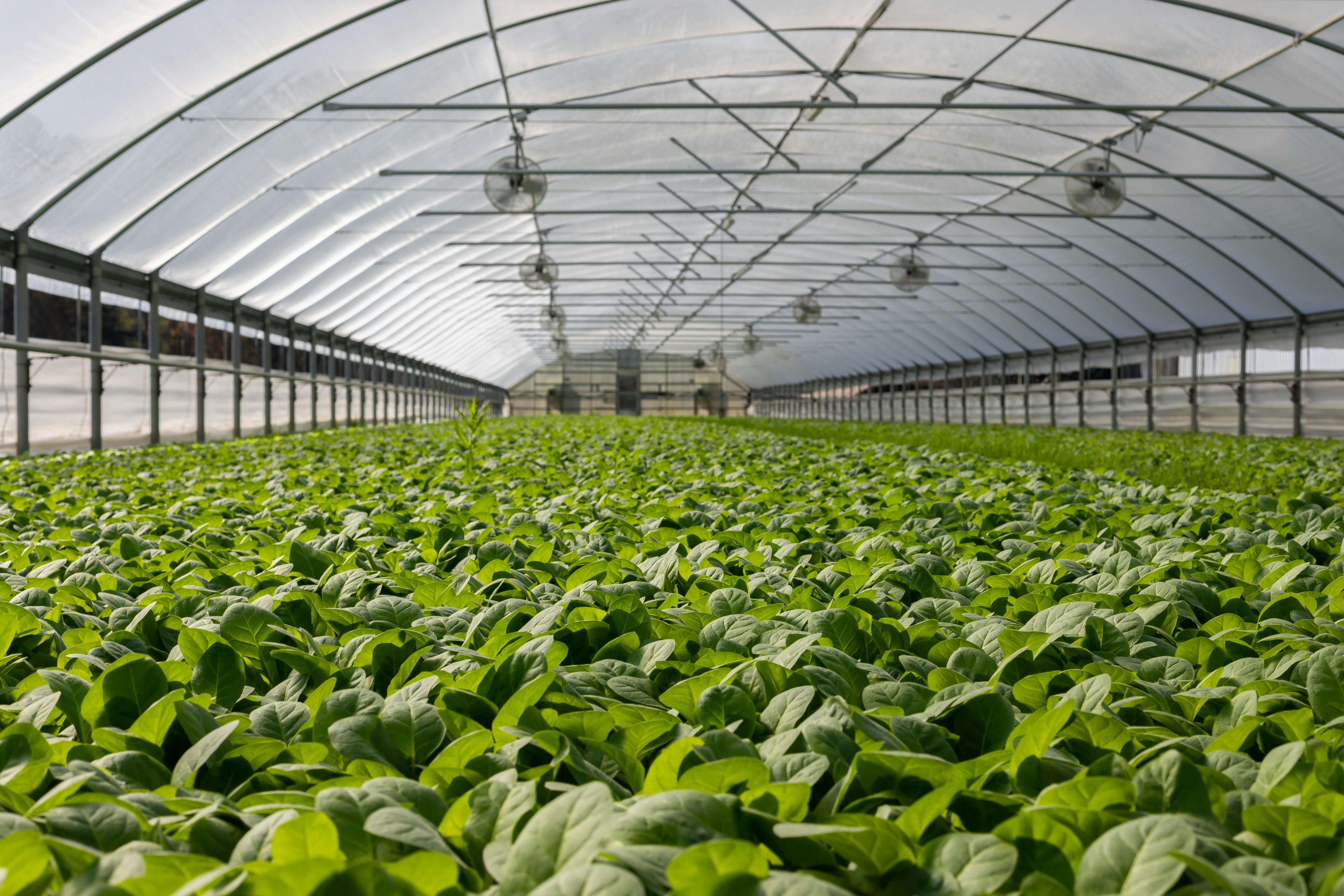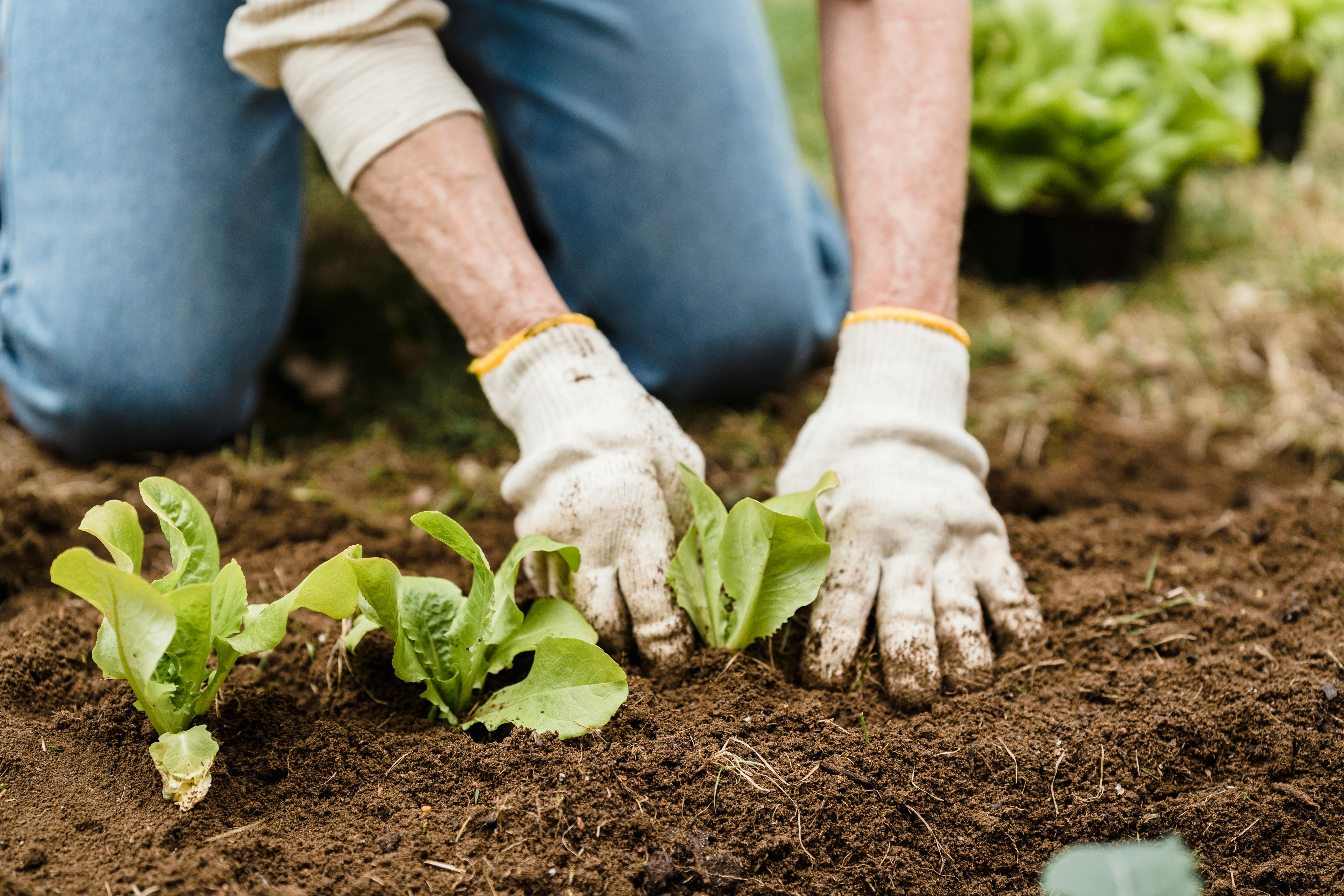Growing a vegetable garden can be an incredibly rewarding experience. Not only do you get to enjoy the satisfaction of creating something with your own two hands, but you also get to reap the delicious rewards of eating fresh, homegrown vegetables. Whether you’re a seasoned gardener or a beginner, getting started with your first vegetable garden is easy and fun. With some careful planning and the right supplies, you can have a lush and productive vegetable garden that will provide you with an abundance of delicious vegetables for years to come!Preparing your garden for growing vegetables can seem like a daunting task, but with a little planning and some hard work, you can have a thriving vegetable garden in no time. Here are some helpful tips to get started:
1. Choose the Right Location: Select an area of your yard that receives at least 6-8 hours of direct sunlight each day and has good air circulation. This will ensure that your vegetables get the necessary light and nutrients for optimal growth.
2. Test Your Soil: Get your soil tested to determine its pH level and nutrient content. This will help you determine what amendments
Types of Soil and Their Effects on Vegetable Gardening
Soil is a key factor when it comes to vegetable gardening. Different types of soils have different properties and will affect the growth of plants in different ways. Choosing the right type of soil for vegetable gardening can be the difference between success and failure. Here are some of the most common types of soils and how they affect vegetable gardening.
Sandy soil is one of the most common types of soil for vegetable gardens. This type of soil has large particles that allow air,
Understanding the Sun for Growing Vegetables
Sunlight is essential for growing vegetables, and understanding the sun’s impact on your garden can help you maximize the success of your harvest. Understanding the sun’s position in relation to your garden, how long it shines on your garden, and when it shines are all important factors that you need to consider when planning your vegetable garden.
The location of your garden in relation to the sun is an important factor to consider. Different vegetables require different amounts of sunlight, so knowing exactly where the sun will hit each planting bed
Choosing Vegetables to Plant in Your Garden
Choosing the right vegetables to plant in your garden can be a daunting task. There are so many different varieties of vegetables available and it’s important to find the ones that best suit your climate, soil, and personal preferences. To help you get started, here are some tips for selecting the best vegetables for your garden.
First, consider what type of climate you live in. Different vegetables require different levels of sunlight and moisture in order to thrive. You’ll want to select
https://images.pexels.com/photos/2886937/pexels-photo-2886937.jpeg
Planting and Spacing Requirements for Different Vegetables
Knowing the recommended planting and spacing requirements for different vegetables is essential for achieving a successful garden. Properly spaced plants will allow for adequate air circulation, which is key to preventing disease and promoting healthy growth. Additionally, planting spacing can help maximize yield per square foot of garden space. Every vegetable requires its own specific spacing needs, so it’s important to read the seed packet or plant tag carefully before starting to plant your garden.
When planting in rows, it

Watering Tips for Your Vegetable Garden
Watering your vegetable garden is essential for keeping your plants healthy and producing the best crop. Here are some tips to help you get the most out of your watering efforts:
1. Water thoroughly but infrequently – Too much water can be just as detrimental as too little, so aim for deep, thorough watering every few days rather than shallow, frequent watering.
2. Water in the morning – Aim to water your vegetable garden in the morning so that any moisture on
Natural Ways to Improve Soil Fertility in a Vegetable Garden
In order to ensure your vegetable garden grows healthy and strong, you need to ensure that the soil is full of essential nutrients. The soil fertility of your vegetable garden can be improved by using natural methods such as adding compost, using cover crops, mulching and using natural fertilizers.
Composting is a great way to improve the soil fertility of your vegetable garden. Compost is made up of organic matter such as grass clippings, leaves and other plant
Controlling Weeds in a Vegetable Garden
Weeds can be a real nuisance in vegetable gardens. They compete with vegetables for air, water, and nutrients, and can reduce yields. To get the most out of your garden, it’s important to control weeds. Here are some tips on how to keep weeds at bay:
Mulching is one of the best ways to control weeds in a vegetable garden. Mulch helps suppress weed growth by blocking light from reaching the soil and preventing weed seeds from germinating. Organic mulches

Conclusion
Growing a vegetable garden is a wonderful way to add a splash of color, flavor, and nutrition to your home. It’s also an excellent way to connect with nature and learn new skills. With the right planning, preparation, and maintenance, you can enjoy the rewards of growing your own vegetables. All it takes is the dedication and determination to get started. With consistent care and attention, you will soon see the fruits of your labor!
Whether you’re a novice or an experienced gardener, growing vegetables can bring joy and
